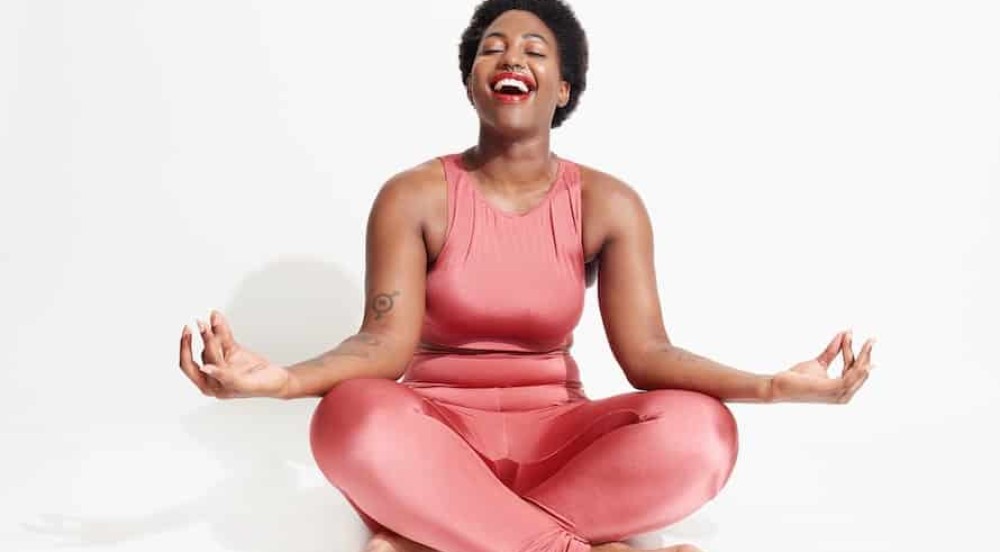Happiness is not enough.
There. I said it.
Ask most folks what they desire most, and you’ll likely hear something along the lines of, “I just want to be happy.” It’s understandable. We’re swiftly rounding out year two of the COVID-19 pandemic, a virus that has radically changed the level of danger associated with almost everything we’ve historically taken for granted, such as talking face-to-face or simply stepping foot in a hospital.
And, if you’re Black, you’re dealing with universal issues and the weight of your racial identity in an inherently racist system; inequities in healthcare, resources and finances are part of your day-to-day, directly or indirectly. Plus, you’re coping with the bright light that’s been placed on the pervasive nature of social injustice in the country: police brutality, Karens, Kens, and so on. With so much suffering, and so many disparities, happiness seems like an easy fix.
Unfortunately, the things that make us happy aren’t always healthy. The habits we love to indulge in, the people we can’t wait to hang out with, the places we choose to spend time, don’t always contribute to our mental or emotional health, growth and stability. In fact, oftentimes the things we love most, particularly when we are stressed or sad, are maladaptive coping mechanisms, or negative ways we’ve learned to deal with stressors.
These maladaptive coping mechanisms aren’t created equally. For example, drinking or snacking at the end of the day to lift your spirits may not feel as heavy as starting a texting discussion about why you broke up with an ex-partner who you were never quite that into—but it’s all unhealthy. Quick fixes that give temporary highs, serve as distractions from intimidating, bigger issues. They will make you happy in the moment, but don’t help solve the larger issues that are looming.
Happiness is great, but the more time you spend adulting the more you realize that it often must be earned. You earn your happiness by making a series of healthy choices. You don’t have to be perfect, but you must do “the work.” The work is identifying trauma and negative cycles in your life and utilizing mental health supports to heal. The work is identifying unhealthy triggers and the healthy coping skills you will utilize to combat them. The work is being open to change, critiques and other things that push you out of your comfort zone. The work is accountability, knowing that your journey is your own and accepting that you alone make and must account for your life choices.
Maintaining your mental health is something we often glamorize, with images and talks of chic vacations, shopping trips and spa days. Those are important, in accordance with your budget, but reward-based self-care is a small component of how you manage your mental health. If you truly want to spoil yourself, invest in figuring out what life events or traumas have most shaped your sense of self. Want to indulge? What about exploring, with a mental health expert, the cyclical behaviors that are hindering your ability to get to your best self?
These are heavy topics, for sure, and they will require work to heal. But delving in can dramatically impact your quality of life, self-esteem and identity—way more so than a trip to any spa or island. Most importantly, grappling with these truly heavy issues will lead to your true goal, which is joy.
Take care of your mental health. Develop healthy habits and behaviors. Invest in healing your most intimate wounds. And, happiness will follow.
S.Tia Brown is a journalist and licensed therapist. Follow her at @tiabrowntalks.













